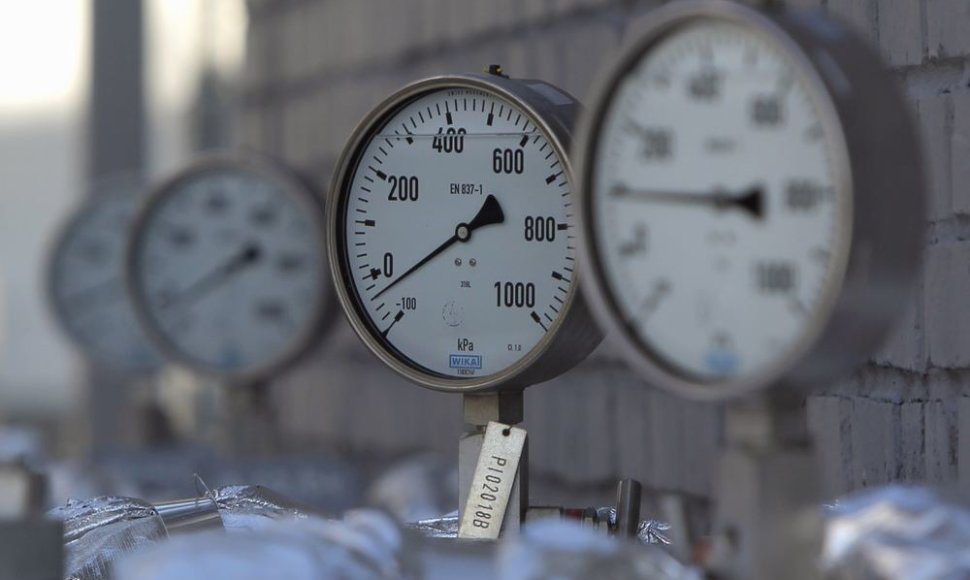According to the daily, the official representatives of Russia and Gazprom have been raising the issue of safe transit of gas to the region of Kaliningrad for at least three years. Lithuania, at the same time, has been providing formal assurances that there are no threats to transit. However, both parties understand that this issue is not as simple as it may seem.
Moscow seems to be satisfied with the existing transit guarantees due to the fact that Gazprom owns 37.1 percent of shares in Lietuvos Dujos (Lithuanian Gas). Moreover, it is represented by two of five board members of the Lithuanian gas imports and supply company, as well as by deputy CEO of the Lithuanian company that owns the domestic gas transportation system.
However, in line with the existing Law on Natural Gas, the situation will change radically after October 31, 2014, when Lietuvos Dujos will transfer its gas transmission infrastructure and operations to the subsidiary Amber Grid. The law obliges the shareholders to hold talks on the assets and make sure that the list of Amber Grid’s shareholders excludes Gazprom.
Transit of natural gas to the exclave of Kaliningrad is a matter of Russia’s national security and Moscow would like to obtain more reliable guarantees than Lithuania’s political declarations that Lithuania is a civilized country hence it will never shut the pipeline down. On the other hand, from 2015 the pipelines, which are now mostly used for the transit of gas to Kaliningrad, will be necessary for the transmission of gas from the future liquefied natural gas (LNG) terminal in Klaipėda to Lithuania’s industrial gas users, possibly all of them.












